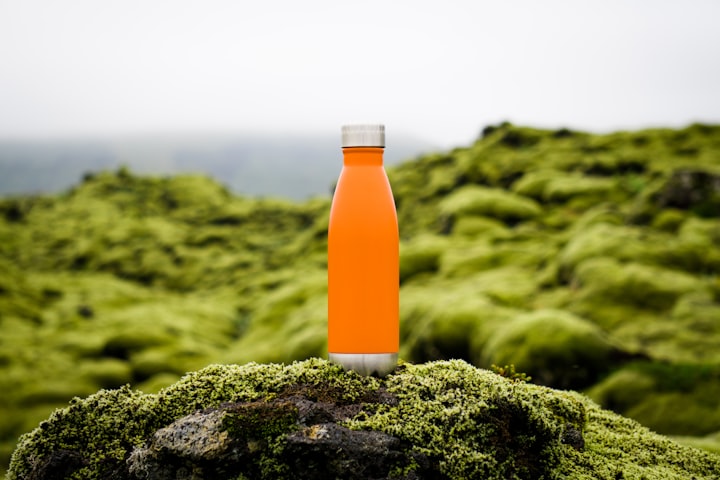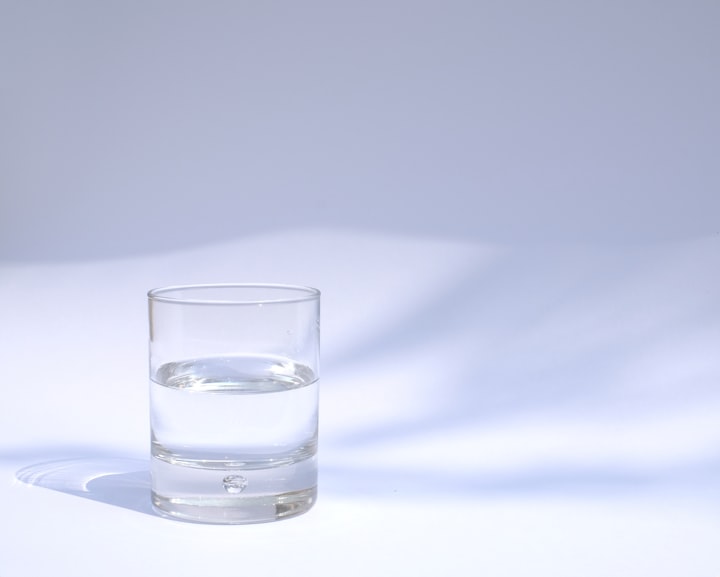Sunlight, specifically solar radiation, can have several effects on a bottle of drinks when it's placed in direct sunlight.
These effects can vary depending on the type of drink, the bottle material, and the duration of exposure. Here are some ways in which sunlight can influence a bottle of drinks:

Sunlight, specifically solar radiation, can have several effects on a bottle of drinks when it's placed in direct sunlight. These effects can vary depending on the type of drink, the bottle material, and the duration of exposure. Here are some ways in which sunlight can influence a bottle of drinks:
Temperature Increase: Sunlight can heat up the liquid inside the bottle. This effect is more noticeable if the drink is in a dark-colored bottle or if the bottle is made of a material that absorbs heat, like glass. Over time, prolonged exposure to sunlight can make the drink warmer, which may or may not be desirable, depending on the type of beverage and personal preferences.
Chemical Reactions: Some drinks, especially those with additives or natural compounds, can undergo chemical reactions when exposed to sunlight. This is known as photochemical degradation. For example, certain components of drinks, such as vitamins, flavorings, or colorings, may break down or change in the presence of sunlight, potentially altering the taste or nutritional content.
UV Radiation: Sunlight contains ultraviolet (UV) radiation. UV radiation can interact with the molecules in the drink or in the bottle material, leading to the degradation of certain compounds. This is why many drinks are packaged in containers that block or filter out UV light to prevent these reactions.
Bottle Material: The type of bottle material can influence how sunlight affects the drink. Clear plastic bottles may allow more light to penetrate, while darker glass bottles may provide some protection against UV radiation. However, even glass bottles may not completely block all UV rays.
Off-Flavors: Prolonged exposure to sunlight may cause certain drinks to develop off-flavors, giving them a slightly different taste due to the reactions mentioned above.
Disinfection: Sunlight, especially UV radiation, has some disinfecting properties. It can kill certain microorganisms, which is one reason why some cultures traditionally place water in the sun to disinfect it. However, this effect may not be significant in a short time frame and is more commonly used for disinfection over longer periods.
In general, it's a good practice to store drinks, especially those that are sensitive to light or heat, in a cool and shaded place to minimize the potential negative effects of sunlight. If the drink is in a clear or lightly colored container, it's also a good idea to consume it relatively quickly to ensure the best quality.
Proper storage of drinks is essential to maintain their quality, taste, and safety. Here are some good practices to follow when storing various types of drinks:
Temperature Control:
Keep drinks in a cool, dry place away from direct sunlight and sources of heat.
Avoid extreme temperature fluctuations, as they can affect the flavor and texture of the drink.
Refrigeration:
Refrigerate perishable drinks like milk, fresh juices, and certain bottled beverages to slow down spoilage.
Make sure the refrigerator is set to the appropriate temperature for storing drinks (usually around 34-40°F or 1-4°C).
Seal and Cap Properly:
Seal opened bottles and containers tightly to prevent exposure to air, which can affect the taste and freshness.
Ensure caps, lids, and closures are securely fastened on carbonated beverages to maintain the fizziness.
Avoid Contamination:
Keep drinks in containers that are clean and free from residual odors or flavors.
Store drinks away from strong-smelling foods or chemicals to prevent cross-contamination.
Use Appropriate Containers:
Store drinks in their original packaging whenever possible, as the packaging is designed to preserve the quality of the product.
If transferring drinks to a different container, use one that is food-safe and airtight.
Labeling and Rotation:
Label homemade or repackaged drinks with the date of preparation or expiration to ensure freshness.
Practice the "first in, first out" method, using older drinks before newer ones to prevent items from expiring.
Consider Packaging Material:
Glass containers provide excellent protection against light and air but can be heavy and breakable.
Plastic containers are lightweight and less prone to breakage but may allow some air permeability over time.
Pay attention to the packaging material's suitability for the specific drink (e.g., glass for preserving carbonation, plastic for non-reactive liquids).
Hygiene:
Wash your hands before handling drink containers or pouring drinks to prevent the transfer of germs.
Clean the inside of storage containers regularly to prevent the buildup of residue or mold.
Store Upright:
Store carbonated drinks and beverages with a screw cap upright to minimize the risk of leakage and preserve carbonation.
Read Label Instructions:
Follow any specific storage instructions provided on the label of the drink, such as "refrigerate after opening" or "shake well before use."
By following these good practices, you can ensure that your drinks remain fresh, safe, and enjoyable for longer periods.
About the Creator
Burim Dedushi
Writing is my passion, it calms the soul and relaxes the mind





Comments
There are no comments for this story
Be the first to respond and start the conversation.